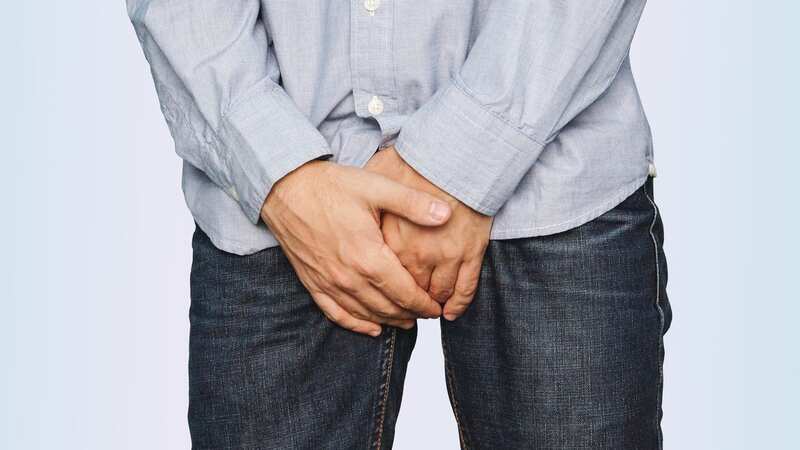Type 2 diabetes warning sign that could easily be mistaken for an STI

A common symptom in the downstairs department could actually be a red flag for type 2 diabetes, according to experts.
Recent data from the Office of National Statistics estimates that around three million adults in England alone have type 2 diabetes - but shockingly, 30 per cent of cases go undetected. The alarming figures stress the importance of an early diagnosis, which is important to slash the risk of further complications such as stroke and heart disease.
But many early symptoms of the condition - which occurs when the body doesn't make enough insulin or when insulin produced doesn't function properly - easily go unnoticed or blamed on other illnesses.
According to the NHS, itching around your penis or vagina could be a warning sign of type 2 diabetes. The side effect is often associated with sexually transmitted diseases (STIs) such as genital herpes and trichomoniasis (known as 'trich') - but may be caused due to high levels of glucose in the blood. This can lead to recurrent yeast infections which could irritate your private parts.
If your suffering with itchy genitals, it's important to seek medical help. It's likely the symptom is neither an STI or type 2 diabetes - and could be down to skin conditions such as psoriasis or eczema. Other diabetes symptoms to look out for include:
 Teachers, civil servants and train drivers walk out in biggest strike in decade
Teachers, civil servants and train drivers walk out in biggest strike in decade
- Urinating more than usual
- Feeling very tired
- Losing weight without trying to
- Repeatedly getting thrush
- Feeling thirsty all of the time
- Blurred vision
- Cuts/ Wounds taking longer to heal than normal
Want the latest health news and fitness tips sent straight to your inbox? Sign up to our
Lifestyle choices play a huge part when it comes to increased risk of type 2 diabetes, as well as uncontrollable factors such as age and ethnicity. Dr Neel Patel, a GP at LloydsPharmacy Online Doctor, says those who are overweight or obese are more likely to receive a diagnosis.
"Specifically, people with an unhealthy waistline measurement and those who store too much fat around their pancreas and liver can be at high risk," he added. Those from Black African, African Caribbean and South Asian backgrounds are also categorised at higher risk, as well as people who have a close relative (such as parent or sibling) with diabetes.
You can calculate your risk of type 2 diabetes here, and should contact your GP if you're worried about symptoms. A blood test will determine whether you have the condition, which may have to be done at a local health centre or hospital.
Read more similar news:
Comments:
comments powered by Disqus

































